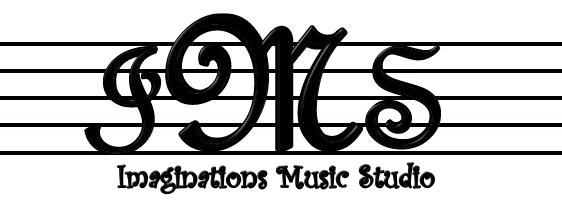Every activity in a Kindermusik class has a developmental purpose in the areas of verbal, social, emotional, cognitive, musical and gross motor development.
We start each class with our
welcome song. Everyone’s comfort level rises with the familiar. Knowing what to expect with each class helps the child to feel emotionally secure. The CD included in the home materials helps the child to become fammilliar with all the songs from class. This helps them to feel confident and secure in class.
Two Little Apples created a visual representation of the words up, down, and shake with the parachute strengthening verbal development. It also provided a visual representation of the melody as we lifted the parachute up when we sang high and down when we sang low.
In “Shake, Shake the Apple Tree”, the children used egg shakers as apples. Listening to the cause and effect of shaking the eggs, tapping the eggs, and rolling the eggs strengthens cognitive development.
For
“In My House,” we put an everyday part of your routine to a song. Using the dusting and scrubbing motions help to increase gross motor cooridnation and balance for the walkers. The babies felt their mothers preform the “scrubbing” motion on their bodies which made this a multi-sensory experience.
Our
circle dance for “Go into the Kitchen,” taught the children simple dance steps in response to verbal instructions. The babies are carried through the motions- they see, feel and hear the instructions being carried out. The toddlers learn from watching the preschoolers follow the instructions. The preschoolers learn from watching the adults and listening to the instructions.
In every class, we have focused listening examples. These examples help the children to actively listen and lengthen attention span. Today, we listened to the washing machine sounds in a bottle.
Story time: Kindermusik is about much more than just music. We include a literary component to each class to encourage verbal and literary development. Our books always include a song, dance or talk about sounds. In the older classes, our books tell funny stories about composers and instruments. These books are included in your home materials.
Demonstration on the trumpet: Particularly in the older classes, we talk about different instruments. I often bring some of these instruments to class for a demo. This sparks an interest in future lessons. In the ABC Music and Me class for 4 to 6 year olds, we include an introduction to the piano.
Family Jam: We don’t want to only empasize gross motor development in our classes through dance and movement; we want to inspire fine motor develoment. Experimenting with the instruments provides an opportunity for fine motor development that can help your child learn to eat with a spoon, write, play a more complicated instrument, or type on a computer keyboard. An instrument is included in your home materials which allow your child to have this experience at home as well.
Relaxation is a learned skill. We used the song “Simple Gifts” in our class to practice relaxation and to promote parent child bonding time. Rocking your child is not only important for bonding but also stimulated the vestibular system in the ear which helps regulate balance and coordination.
We ended our class with a good bye song. We use this song as a signal to them that our time is over for now. We also incorporated sign language into our closing song to promote verbal and cognitive development.







